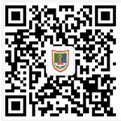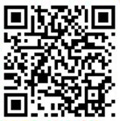The teaching of Medical Physiology for MBBS students includes provision of basic knowledge from cellular physiology to organ physiology, and is integrated with knowledge of human structure and molecular mechanisms. The traditional lecture-tutorial teaching (123 courses) will be supplemented by additional practical courses (50 courses). In the series of lectures for each system, the first lecture provides an overview of the system. During the teaching, the basic knowledge will be related to clinical cases, in order to illustrate the connection between basic physiology and clinical application. After all the basic concepts have been taught, discussions of disordered physiology and how basic knowledge is applied to clinical situations will be held. This format provides the students a relevance, and hopefully a motivation, of studying basic physiology. The tutorials focus on the basic concepts of each system and utilize the knowledge of disorders of physiology, to emphasize important points and to provide a clearer understanding of the main concepts.
In the practical courses, the students can conduct 10 physiological experiments, from toad heart perfusion to human electromyography. At each experiment, the teacher will introduce the experimental rational and procedures. Then, the team with 3-4 students will perform the experiments by themselves. After the experiments, the students will be asked to summarize the results and analyze the data with learned physiological knowledge. The practical process provides a way for improving their manipulative ability, collaboration and teamwork skills, as well as to develop a well-structured knowledge base, linking new concepts with existing knowledge.



